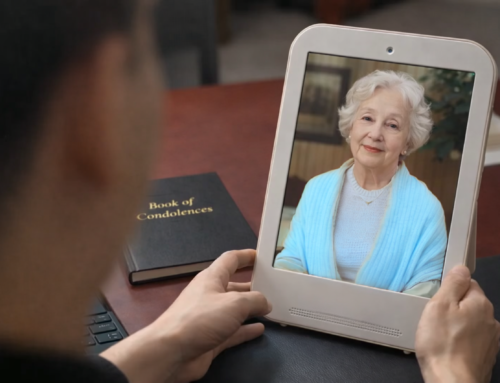
Validation: Strengthening Patient Care
In the care of patients with chronic kidney disease (CKD) or those undergoing dialysis, emotional experiences are as significant as physical health. Patients face ongoing uncertainty, lifestyle changes, and medical challenges. In these contexts, validation—acknowledging a person’s feelings as real, understandable, and meaningful—becomes a crucial tool. Beyond its immediate effect on mood, validation fosters trust, improves adherence to treatment, and supports long-term psychological well-being.
The Role of Validation in Chronic Kidney Disease
Chronic kidney disease presents numerous emotional challenges. Patients often experience anxiety about lab results, dietary restrictions, and dependence on medical interventions and clinicians. Validation helps in several ways:
- Building Emotional Connection: When clinicians reflect on patients’ concerns and frustrations, patients feel heard and understood. This emotional connection increases trust, resulting in patients communicating more openly, which is essential for effective treatment.
- Reducing Tension and Conflict: CKD treatment often involves coordination among multiple healthcare professionals. When clinicians validate both patients’ emotions and colleagues’ perspectives, misunderstandings and disagreements are minimized, fostering smoother collaboration and care.
- Enhancing Psychological Well-Being: Patients frequently report feelings of shame, guilt, or isolation related to illness. Validation reduces these negative emotions by normalizing the patient’s experience and demonstrating that feelings of frustration or anxiety are natural responses to challenging circumstances.
Practical Strategies for Clinicians
Validation is not a single technique but a set of behaviors and approaches that communicate understanding. These strategies are especially effective in kidney care, where patients’ emotions may be complex:
- Focused Presence: Being mentally and physically present signals that the clinician values the patient’s experience. Simple behaviors such as eye contact, leaning slightly forward, or listening without interruption can communicate empathy effectively.
- Reflective Listening: Summarizing or paraphrasing what the patient has shared shows understanding. For example, a patient expressing frustration over dietary restrictions might be met with, “It sounds like these rules feel limiting and hard to follow.” This acknowledgment reduces defensive reactions and encourages dialogue.
- Acknowledging Emotional Logic: Patients’ reactions are often rooted in personal experiences or past challenges. Validating their feelings communicates that these reactions are understandable within a larger context, fostering insight and self-awareness.
- Active Support: When feasible, clinicians can translate validation into action. Helping a patient navigate medication issues, coordinating care, or adjusting treatment schedules demonstrates both understanding and commitment, showing that the clinician is reliable and responsive.
- Empathic Engagement: Expressing genuine emotional responses, such as concern or shared relief, helps patients feel accompanied in their experience. This approach allows them to process and integrate feelings safely.
Team and System Benefits
Validation is not limited to patient interactions. Within nephrology teams, acknowledging colleagues’ perspectives improves communication, reduces stress, and enhances collaborative problem-solving. In kidney care, where complex cases often involve multiple professionals, these skills contribute to a culture of respect, cooperation, and emotional intelligence.
Improving Patient Outcomes
Research shows that patients who feel understood and supported are more likely to follow treatment plans, attend appointments, and engage actively in their care. Validation can also reduce stress-related symptoms, improve mood, and enhance quality of life, especially in patients managing long-term illness. By recognizing and addressing emotions, clinicians create a more holistic approach to care that goes beyond medical procedures to include emotional well-being.
Conclusion
Validation is a powerful, evidence-informed practice that bridges emotional insight and clinical care. In kidney disease management, it strengthens patient-clinician relationships, reduces emotional distress, and promotes better adherence and outcomes. By acknowledging and responding to patients’ emotional experiences, clinicians provide care that is both effective and compassionate.
References
- Kimmel, P. L. (2001). “Psychosocial factors in dialysis patients.” Kidney International, 59(Suppl 78), S133–S140
- Cukor D,. (2007). “Depression and anxiety in urban hemodialysis patients.” Clin J Am Soc Nephrol. May;2(3):484-90
About the Author
Dr Gavril Hercz
Dr. Gavril Hercz is a nephrologist at Humber River Health and Associate Professor of Medicine, University of Toronto. He completed his psychoanalytic training at the Toronto Psychoanalytic Institute and is a member of the Canadian Psychoanalytic Society. His major area of interest is the impact of physical illness on patients, families, and caregivers.
Validation is not limited to patient interactions. Within nephrology teams, acknowledging colleagues’ perspectives improves communication, reduces stress, and enhances collaborative problem-solving.



